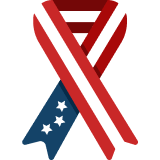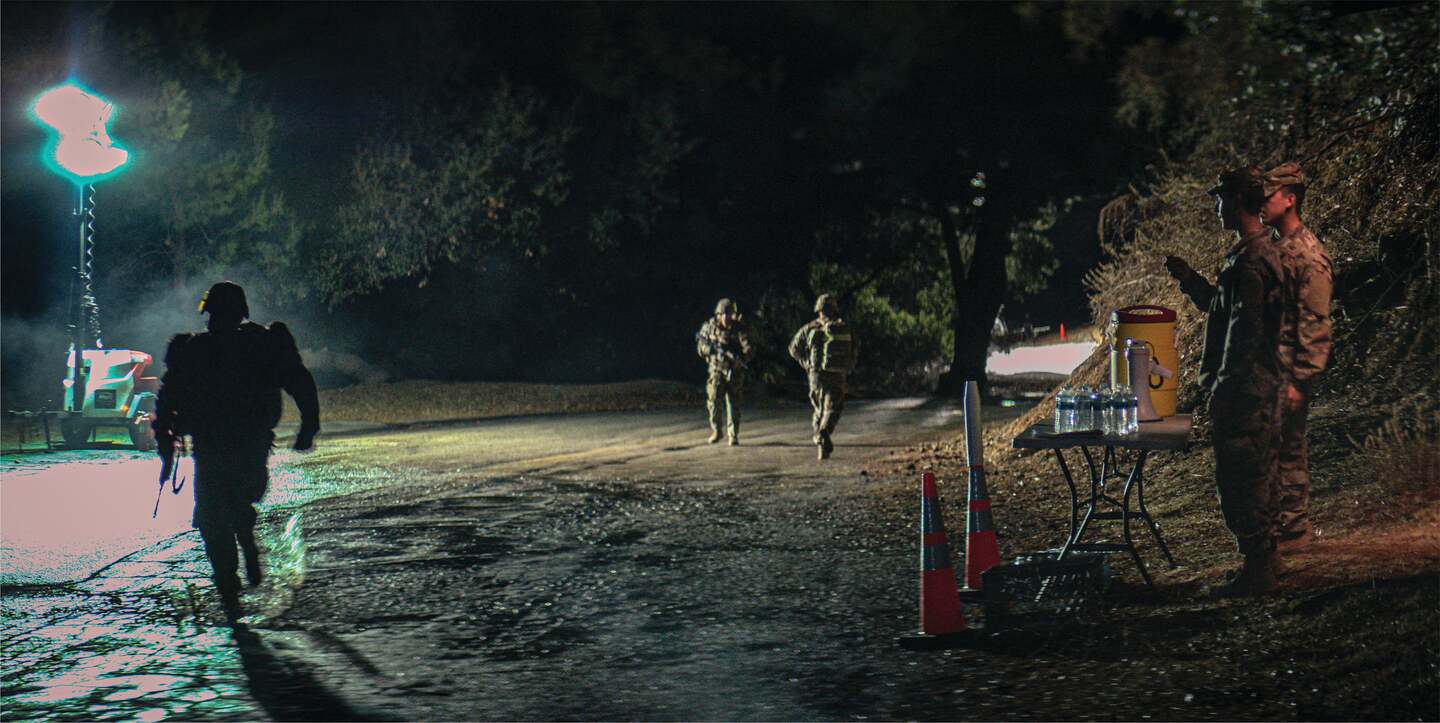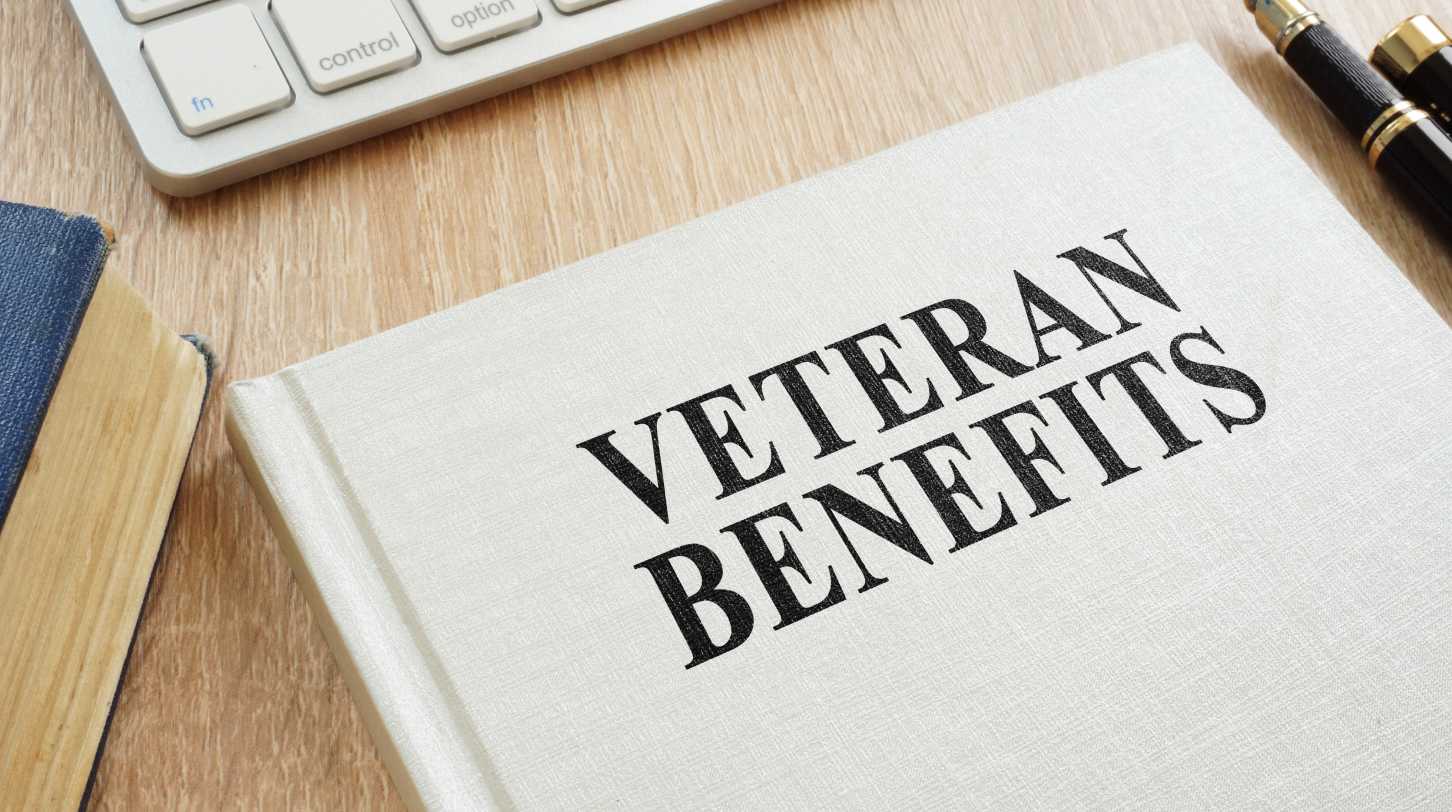Faulty VA Claim and Appeal Decisions Are Common
The VA is a vast government bureaucracy with volumes of rules and regulations. Add a backlog of Veterans’ disability claims to this, and it’s no wonder VA claims evaluators make bad decisions from time to time.
Complicated and overlapping rules and regulations affect what kinds of evidence are necessary for various types of claims, whether a disability is service-connected, and what percentage of disability is assigned once a disability is determined to be service-connected or among the presumptive conditions. Some disabilities, such as post-traumatic stress disorder (PTSD) and traumatic brain injury (TBI) have additional rules and regulations on top of everything else.
In the end, whether a Veteran is given VA disability compensation comes down to somebody’s judgment call. The VA can and does get it wrong. This is why there is an appeals process. This is also why any Veteran has the absolute right to appeal a VA disability benefits decision that does not meet their needs.
Common reasons a Veteran might appeal a VA decision include:
- Gain service connection for a disability that the VA wrongly decided isn’t related to military service
- Increase the VA disability rating applied to a service-connected condition
- Obtain Total Disability based on Individual Unemployability (TDIU) status if a 100% disability rating is not available
The VA provides a multilevel appeals process with many paths forward. A disabled Veteran may choose from many options to appeal or seek a review of a denied claim. There are three lanes to choose from within the VA:
- Higher-Level Review
- Supplemental Claim
- Appeal to the Board of Veterans’ Appeals (BVA)
Click here to learn more about your options to appeal a VA decision.
In addition, Veterans dissatisfied with a decision of the BVA can appeal to the U.S. Court of Appeals for Veterans Claims (CAVC).
Click here to learn more about appealing a BVA decision to the CAVC.
From a CAVC decision, Veterans can seek reconsideration and then, if still dissatisfied, appeal to the U.S. Court of Appeals for the Federal Circuit. After the Federal Circuit Court, the only additional option is to ask the U.S. Supreme Court to review the case—but the Supreme Court has no obligation to take the case. The Supreme Court receives about 7,000 to 8,000 requests to review cases each year but accepts only about 80 of those (about 1 percent). Very few of those accepted cases are about VA disability claims.
Most Veterans initially file a claim for VA disability compensation on their own or with the assistance of a Veterans’ support organization. Some are also able to follow VA forms and instructions to file an appeal with their VA Regional Office and the BVA or to request a review of their VA rates.
However, the VA appeals process—especially under the new modernized system put into place in February 2019—can be complicated and confusing. And a review of an appeal by the CAVC or the Federal Circuit is a formal court proceeding.
Berry Law attorneys have handled hundreds of appeals at the CAVC and tens of thousands of cases at VA Regional Offices and the BVA.
Over several decades of working with disabled Veterans, and as VA disability laws have evolved, Berry Law has secured thousands of wins and over $180 million in backpay plus additional monthly benefits for our clients.
It’s unfortunate, but the VA can make mistakes on what looks like the most obviously valid claim. An incorrectly denied claim, or a disability rating that is too low, means a substantial loss for the affected Veteran and their family. Let us use our experience to guide you through the appeals process and give you the best chance of success.






